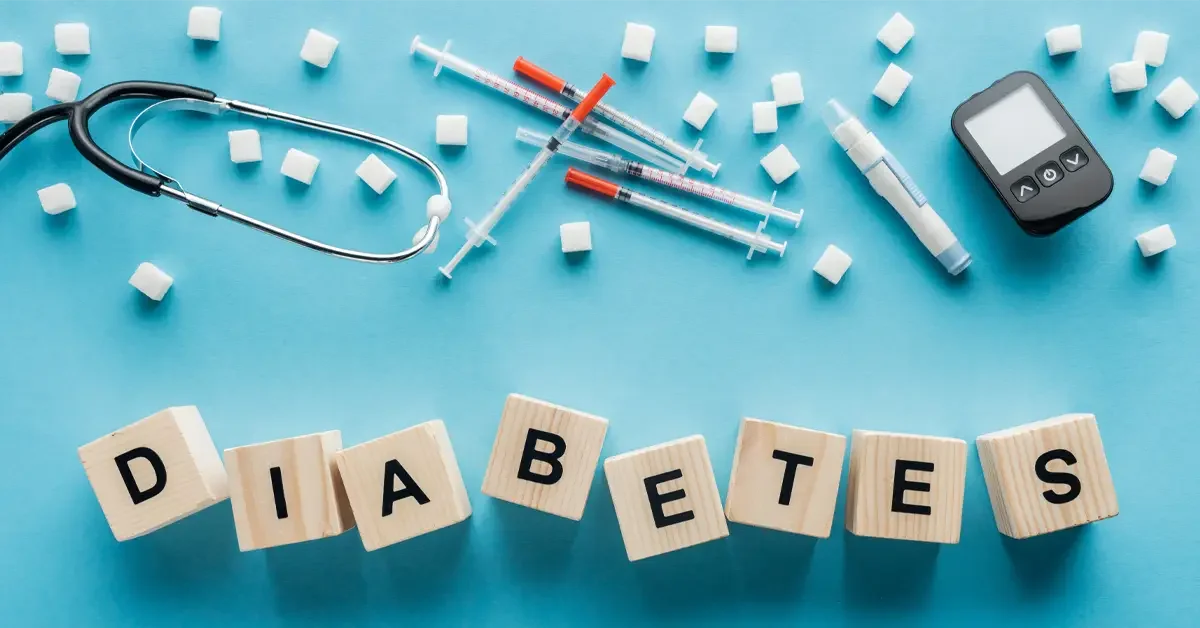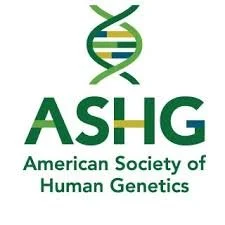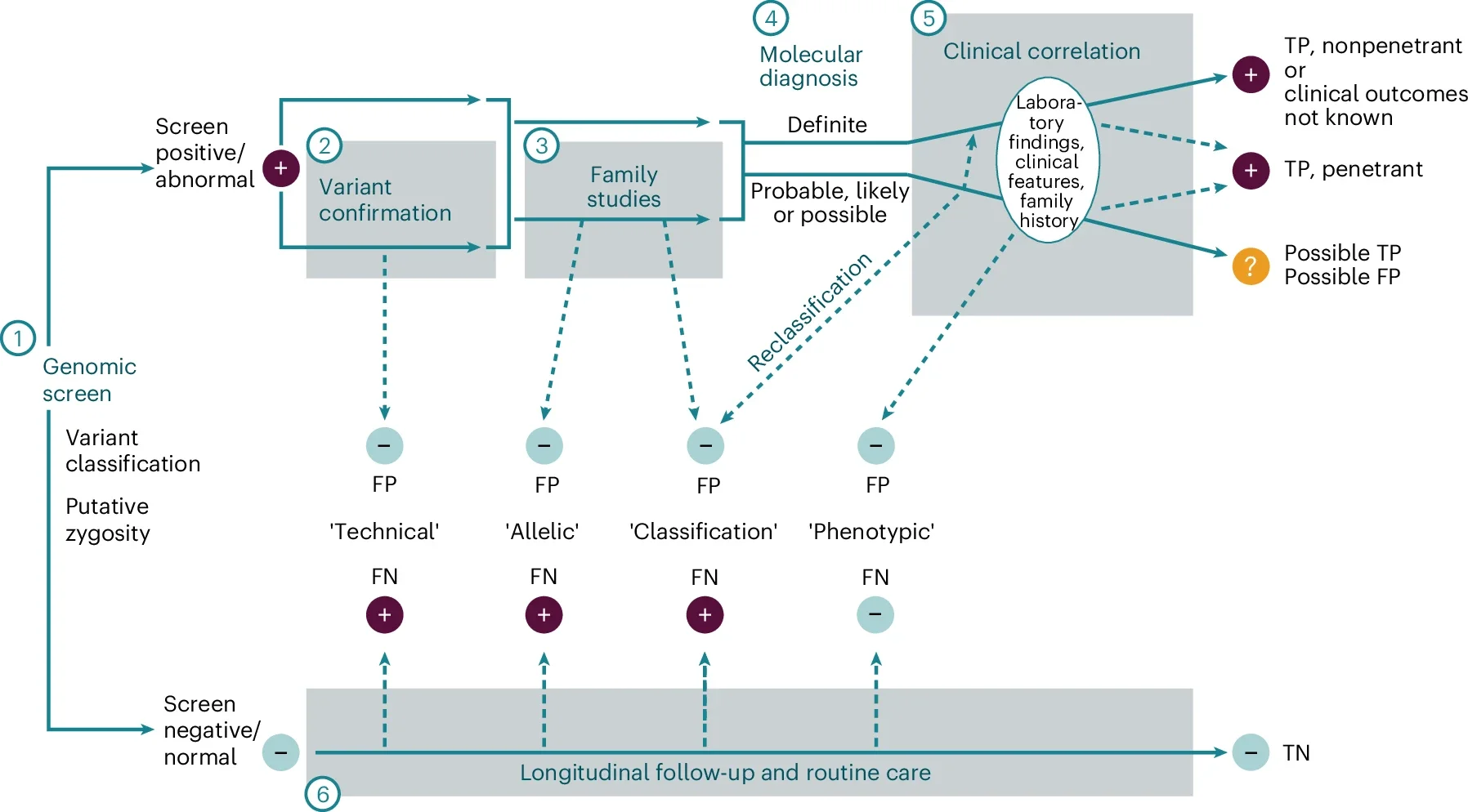
Diabetes is easy to understand and mostly managable but the complexity lays in what causes it and how to detect it early.
Type 1 Diabetes Research
I work on a project designed to change how we view type 1 diabetes (T1D) detection! Using the power of genetics, we have been able to calculate someone’s likeihood of developing (T1D) as early as 1 month old! With this information, parents can now make more informed decisions on how to address early observed symptoms or get further testing. T1D will soon be a disorder that we can test and potentially reduce its impact in the future! For more information about this amazing project, please visit the “Early Check” website by clicking on the link below.
How it all works…
How the research is conducted uses something called Polygenic Risk Scores or Genetic Risk Scores and Whole Genome Sequence data. The graph to the right explains how it works but dont worry, I can break it down for you.
American Society of Human Genetics 2024 Conference presentation.
This research is so impactful and significant that I was selected to give a talk on the Early Check program at the worlds largest genetics conference… I’m serious, google it!
Scariest and most exciting 20 minutes of my life!!!
Although genomic sequencing presents groundbreaking newborn screening (NBS) opportunities, critical feasibility and utility questions remain. Here we present initial results from the Early Check program—an observational study assessing the feasibility and clinical utility of genomic NBS in North Carolina. Recruitment was statewide through mailed letters with electronic consent. Genome sequencing with analysis of 169 high actionability genes (plus 29 optional lower actionability genes) was performed using residual NBS dried blood spots. In 8 months, 1,979 newborns were screened, with 50 (2.5%) screen positives. Negative results were returned electronically, positive results by genetic counselors. Twenty-eight results (55%) were true positives, all received anticipatory guidance, surveillance and management recommendations, and referral to specialists as appropriate. We report technical feasibility and preliminary clinical utility finding, along with interpretation and follow-up challenges that hinder public health implementation. We propose standardized terminology to facilitate cross-study comparisons and accurate characterization of genomic NBS outcomes.





